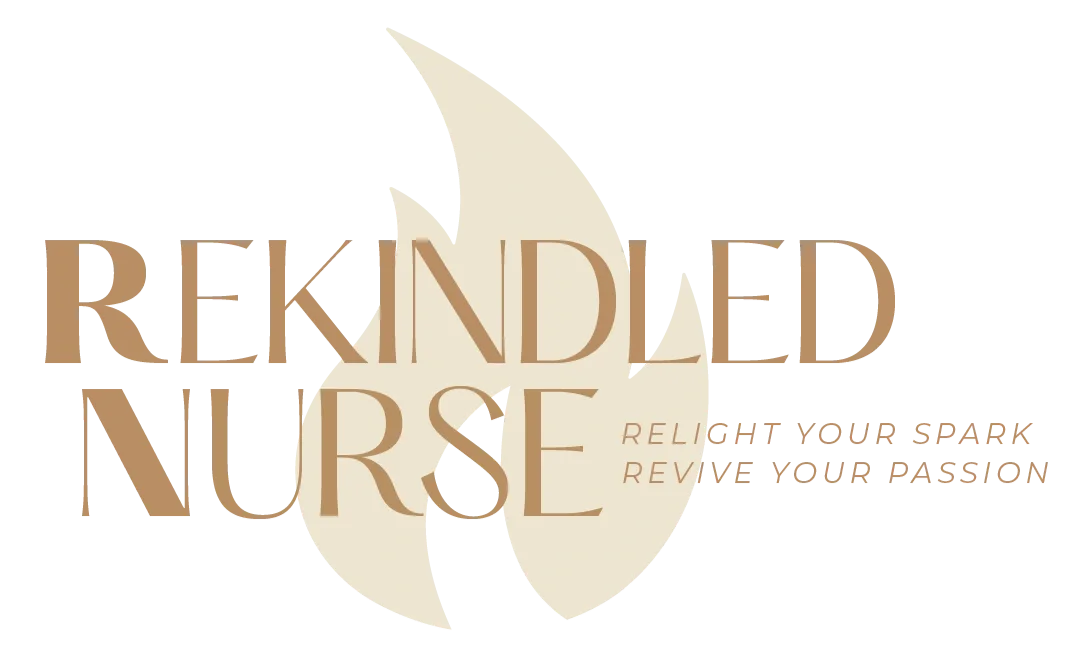
Support for Healthcare Systems
As the scope of trauma changes, so must the way we approach post-traumatic response recovery.
Debriefing the Front Lines provides guidance in helping organizations create a culture that supports care.
Debriefing is a communication tool for structured conversation surrounding emotional well-being and quality outcomes.
Debriefing the Front Lines partners with hospitals and healthcare organizations to embed debriefing programs that enhance retention, wellness, and safety.
Debriefing is an Evidence-Based Intervention
Retention
Trauma becomes cumulative in the absence of support. This directly influences our ability to cope effectively and may result in healthcare workers leaving the profession.
(📚Sheen et al., 2022; Shorey et al., 2022).
Wellness
Several studies have shown that nurses and health care providers desire support after a serious event, yet healthcare organizations often offer inadequate emotional support.
(📚Burlison et al., 2017; Crawford & Williams, 2024; Shorey et al., 2022).
Safety
Therefore, health care organizations need to invest in creating strategies to ensure healthcare workers have access to resources for emotional support that promote safety.
(📚Burlison et al., 2017; Crawford & Williams, 2024).
Debriefing can promote reflective practice and represents a powerful tool that can enhance both group learning and safe patient care.
(📚Schmutz and Eppich, 2017)
When evidence is silenced, care is compromised.
Debriefing the Front Lines Invites you to be part of the Solution.
Support For
Health Care Systems
Partner with us to implement trauma-informed programs that enhance clinician well-being, safety, and quality outcomes.
Be a part of the solution.
A comprehensive, in person debriefing model inclusive of quality, safety, and clinician well-being.
And more.
Debriefing Training
Post-critical event support, workplace violence, hurricane aftercare for mental health
And more.
Crisis Recovery
Thought partnerships and expert led guidance to cultivate nurse coaching programs and well-being initiatives.
Partnerships
Partner with Debriefing the Front Lines to create a culture of quality, safety, and well-becoming in your organization.

Six Principles of a
Trauma-Informed Approach
DOWNLOAD YOUR GUIDE TODAY!
Guiding considerations for nurse leaders and healthcare organizations.
Safety
1
Do organizational policies and protocols incorporate racial, ethnic, cultural, and individual needs?
Do you implement strategies to move past cultural and gender stereotypes and biases?
Trust and Transparency
2
Do you model trustworthiness and transparency?
Are you inclusive?
Do you follow through on what you commit to?
Are you honest with your team?
Peer Support
3
Does the organization provide systems to easily access peer support?
If these services are available, does your team know these services exist and how to access them?
How do you normalize the use of these services?
Do you encourage peer support and mutual self-help on your unit?
Collaboration and Mutuality
4
How do you model and support the leveling of power differences and promote collaboration?
Empowerment, Voice, and Choice
5
Are there systems, policies, and procedures that empower nurses to do their work?
Are nurses included in decision-making?
6
Cultural, Historical, and Gender Issues
Do nurses on your team feel safe?
Are nurses clear in what is expected of them?
Do nurses on your team feel they can provide safe care for their patients? (e.g., safe nurse staffing ratios, evidence-based care...)
Do patients feel safe?
*Although nurse specific the information presented is applicable across healthcare disciplines.
Collaborate Toward a Culture of Care
Work with us to embed trauma-informed debriefing programs that support resilience and retention.
Interventions to Address Trauma
Formal peer support, communication
Debriefing training
Recognize and validate the impact of experiences
(📚Crawford & Williams, 2024; DeMarco & Resnicoff, 2024; Kruper et al., 2021)
Acknowledge trauma and just culture model
Techniques that healthcare professionals can use to manage stress immediately following high-pressure situations
Self-help for early stress responses
Collegial support
Peer-to-peer responders
A peaceful location for recovering a sense of psychological safety
Rapid access to processing support
Additional staffing resources to provide off unit (break nurse)
Initiating a Code Lavender response team or cart
Structured debriefing
Resource support and education
Debriefing the Front Lines supports hospitals and systems through:
1.
Implementation of our existing debriefing and peer support programs as a third party partnership providing debriefing sessions to healthcare workers
2.
Plan the shift from from having to utilizing programs through trauma-informed implementation strategies
3.
Thought partnerships and curriculum support for educators, leaders and nurse-coaches building well-being programs
4.
Debriefing Trainings - from one day workshops to implementation support over a year.
Successful well-being programs deliberately account for each participant's autonomy, undertake planned implementation, provide adequate training and ensure consistent standard of facilitation. By ensuring these key steps, healthcare teams are more likely to use CD in their everyday practice. (📚Kessler et al., 2015).
In the post-pandemic landscape
healthcare workers face increasingly complex environments that complicate efforts to provide safe, effective quality care.
Emerging evidence suggests that debriefing may enhance learning in clinical environments where facilitators need to simultaneously balance patient care, psychological safety and emotional well-being.
What could debriefing look like within your unit or healthcare system?
Debriefing
Partnerships
-
Implementation of our existing debriefing and peer support programs as a third party partnership providing debriefing sessions to healthcare workers.
Thought partnerships and curriculum support for educators, leaders and nurse-coaches building well-being programs.
Monthly Well-being Debriefings
-
Discuss the cumulative toll and occupational trauma within nursing and how it is manifesting physically, emotionally and spiritually within you.
Come for deep conversations, non-pharmacological holistic healing modalities, resources and ongoing support with a board certified nurse coach.
Peer
Support Groups
-
Collaborative network ideal for units/departments to discuss the emotional toll of the work, learn from one another and normalize the need for support.
Debriefing
Training
-
Learn to faciliatte debriefings using the ADPRN Debriefing Framework for Clinicians. Choose from one day workshops to implementation support over a year depending on your needs.
We offer bi-annual Debriefing Immersion Training open to the public or personalized support at your organization.





































